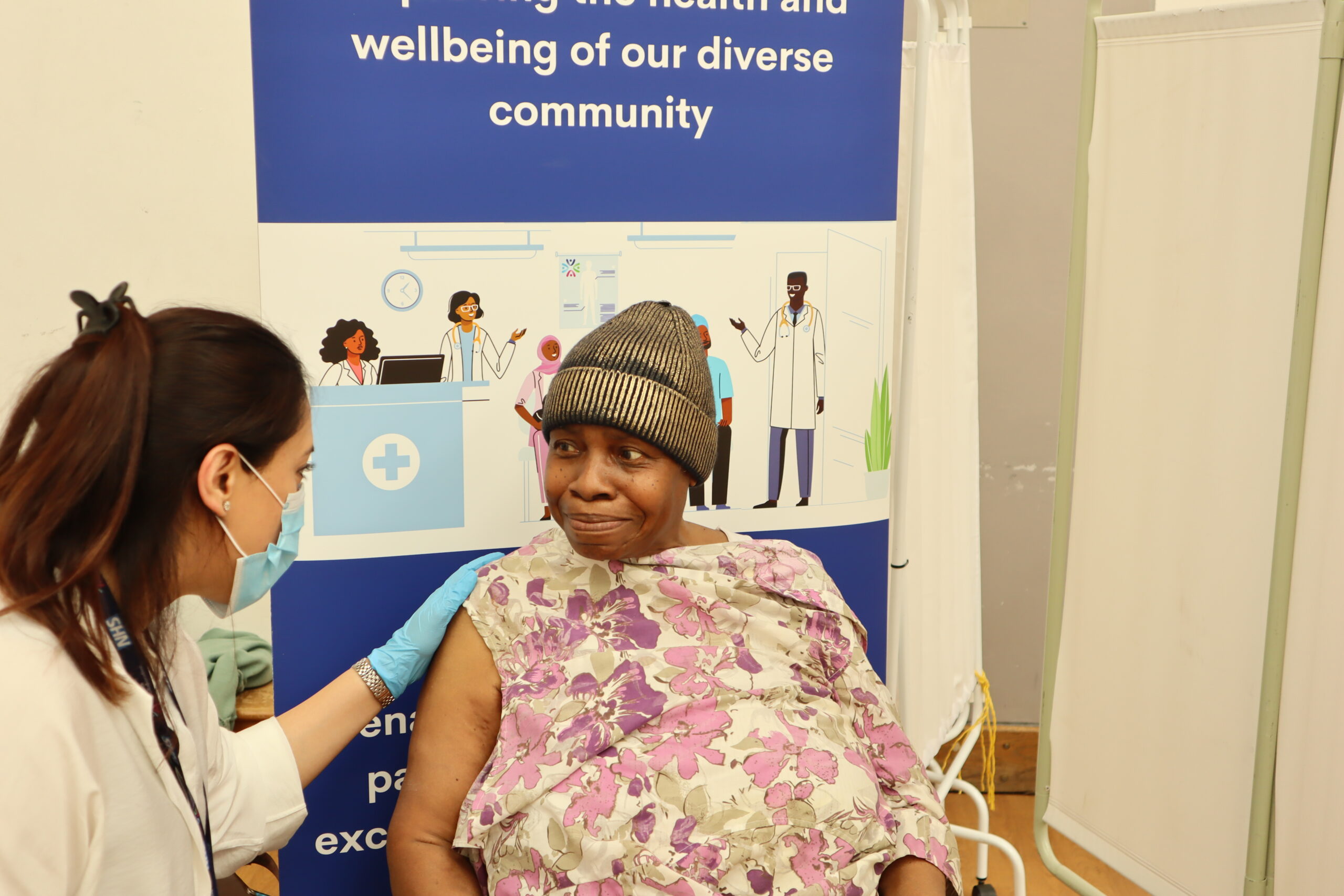Primary Care Networks (PCNs) working with partners, are committed to reducing health inequalities. They are supporting London Borough of Newham’s aspiration to be a Centre of Excellence Addressing Health Inequalities.
In 2022 Newham PCN Clinical Directors came together to develop a Borough Wide Health Inequality (HI) Plan as well as additional individual PCN HI Plans. A number of PCNs also nominated health inequality leads.
- Newham Wide Health Inequality Plan Cancer and Immunisation
- Aims
- Cervical and breast screening
- All age Immunisations (focus on children)
Newham Wide Health Inequality Plan Cancer and Immunisation
Focusing on one of the Core20 PLUS5 NHSE priorities areas and one of the PCN Contract areas these are:
- Cancer Screening (focus on identified groups that traditionally find it difficult to access services)
- All age Immunisations (focus on children)
Aims
Cervical and breast screening
Improving cancer outcomes for our patients through better prevention and creating multiple access routes to screening and diagnosis. The work delivered will incorporate additional interventions needed to ensure specific actions to target identified disadvantaged groups.
All age Immunisations (focus on children)
To protect the population and protect children from recognized diseases. To reduce the number of unvaccinated children and reduce the likelihood of a public health outbreak such as measles.
Working collaboratively across all Newham PCNs ensures that services are delivered to
- Reflect local, regional, and national guidance relating to NHSE Primary Care Network Development and Primary Care Long Term Plan.
- Support the reduction of unwarranted variation between and within PCNs on locally agreed priority areas.
- Further ensure equal access to services, consistent quality of care, and that patients receive the right service at the first point of contact; improving patient outcomes.
In December 2022 PCNs announced that they would be delivering ‘Pro Active Social Prescribing’. Each PCN identified high need local populations and developed a tailored programme of services for them.
| PCN | Programme developed for |
|---|---|
| Docklands | Common Mental Illness Physical Health Checks for SMI Population |
| North East 1 | Common Mental Illness – Cancer All existing patients diagnosed with a cancer at 31/10/22, with additional vulnerability or identified disadvantage. |
| North East 2 | Common Mental Illness Housebound / Carers |
| North Newham | Pre/Diabetes & Common mental Health |
| Newham Central | Carers Register improvement including flu vaccine uptake for carers Housebound patients coding including flu vaccine uptake |
| South One | Common Mental Illness Those with a diagnosis of Depression and Anxiety from Oct 2021 Diabetes/Pre-diabetes Pre diabetic and over 65yrs |
| Stratford | Common Mental Illness Children and Young People with low level mental health needs, CYP Age: 12 – 25 |
| Central One | Children and Young People reducing Knife Crime aged 11-18yrs, who might have risk factors for getting involved in knife crime Diabetes /Pre Diabetes Low Calorie Diet Group Work |
| North West 2 | Diabetes /Pre Diabetes |
It is envisaged that throughout the lifetime of these Health Inequalities projects that PCNs with the support of further population health data will identify others key health inequality areas to address and as such will look to develop other interventions.

